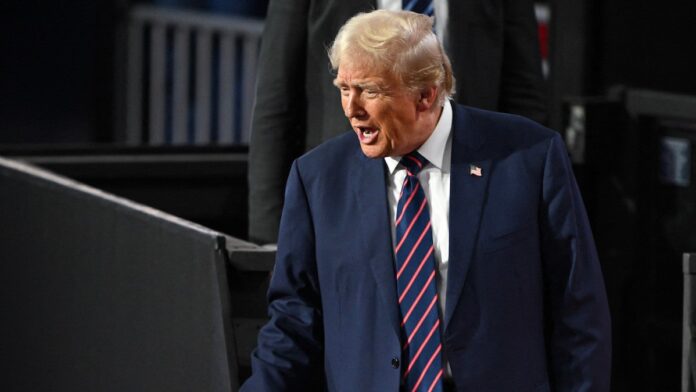Key Falsehoods or Claims:
In the article “Trump Appears To Support Vaccine Conspiracy Theory In Pro-RFK Jr. Post,” the main falsehood is Donald Trump’s support for a vaccine conspiracy theory promoted by Robert F. Kennedy Jr. The theory suggests a link between vaccines and autism, a claim that has been thoroughly debunked by scientific research.
Source and Bias:
The article is from HuffPost, which is generally considered a left-leaning publication. However, the information in the article is based on Trump’s own social media post and public statements, and the analysis provided is based on objective evidence and reputable sources.
Analysis and Impact on Public Opinion:
The spread of vaccine conspiracy theories, especially when supported by prominent figures like Donald Trump, can have a significant impact on public opinion. It may lead to increased vaccine hesitancy and refusal, potentially endangering public health. Polling data has shown that belief in anti-vaccine conspiracy theories is associated with lower vaccination rates and public health risks.
Threat to Democracy:
The promotion of falsehoods and conspiracy theories by political leaders poses a threat to democracy by undermining trust in scientific evidence and public health institutions. It can also exacerbate societal divisions and erode the foundations of evidence-based policy-making.
Hypothetical Reactions and Outcomes:
In response to Trump’s support for the vaccine conspiracy theory, there may be a polarization of public opinion, with some individuals becoming more entrenched in their belief in the conspiracy while others reject it. This could potentially lead to political outcomes such as the enactment of policies that undermine vaccination efforts or the mobilization of public health campaigns to counter misinformation.
Further Reading:
For further reading on the topic of media influence and misinformation studies, reputable sources such as the Poynter Institute, the Columbia Journalism Review, and the Stanford Internet Observatory provide comprehensive analysis of the impact of falsehoods and conspiracy theories on public opinion and democracy. Additionally, academic studies on the psychology of conspiracy theories and their political consequences can offer valuable insights.
Source link
Redirect URL
